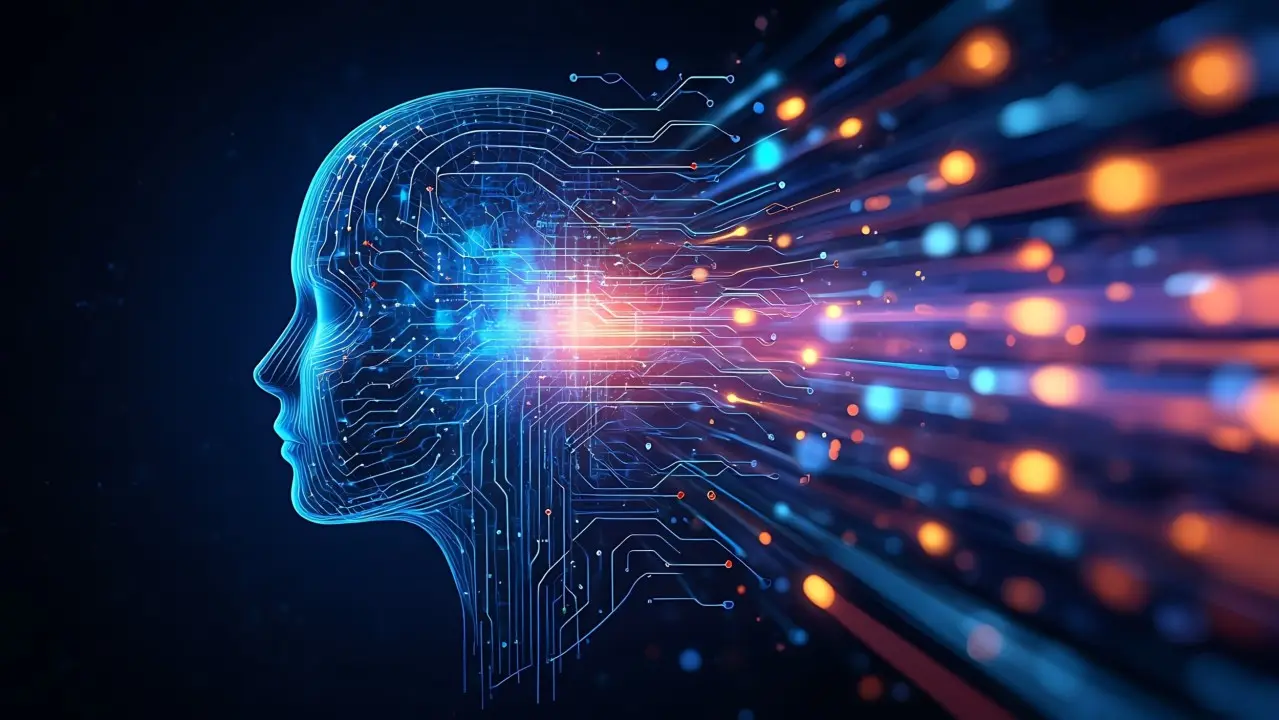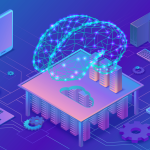Introduction
In a rapidly digitizing world, the relationship between artificial intelligence and global media has become one of the most influential forces shaping public perception. From automated journalism to algorithm-driven newsfeeds, technology now decides what stories reach audiences and how narratives are framed.
The convergence of AI and media has profound political, social, and ethical implications. It determines not only how information is distributed but also how power operates in a globalized communication ecosystem that thrives on speed, emotion, and precision.
The Evolution of AI in Global Newsrooms
Artificial intelligence is now an integral part of modern journalism. News organizations use machine learning to gather data, generate reports, and predict audience preferences with remarkable accuracy. Automation allows reporters to focus on analysis while AI handles real-time updates.
However, this efficiency comes with a cost. Algorithms can unintentionally promote bias, amplify misinformation, or suppress critical viewpoints. The question of editorial control—human or machine—has become central to discussions about journalistic integrity and accountability.
Political Manipulation in the Digital Age
AI has revolutionized political communication. Campaigns rely on predictive analytics and social media algorithms to influence voters and shape narratives. While these tools enhance engagement, they also enable manipulation on a massive scale.
Disinformation networks use AI-generated content to sway public opinion and destabilize trust in democratic institutions. Deepfakes, synthetic media, and targeted propaganda challenge societies to discern fact from fiction in a world flooded with digital noise.
Celebrity Culture Meets Artificial Intelligence
The entertainment industry is witnessing a new era where celebrities collaborate with AI technologies to maintain their relevance and expand their influence. From virtual concerts to digital brand avatars, artificial intelligence is transforming how fame operates.
This fusion of celebrity and technology also raises questions about authenticity. Fans engage not just with human stars but with AI-enhanced personas that can perform endlessly, blurring the line between reality and simulation in global entertainment.
The Global Power Struggle for Technological Dominance
Artificial intelligence has become the new arena of geopolitical competition. Nations are investing billions to secure leadership in AI development, recognizing it as the cornerstone of economic growth and national security.
The United States, China, and the European Union are at the forefront of this race, setting competing ethical and regulatory standards. This struggle for dominance extends beyond innovation—it defines who will control the infrastructure of global information and governance in the decades ahead.
Media Giants and the Algorithmic Economy
Tech corporations now function as the primary gatekeepers of global communication. Platforms like Google, Meta, and X dictate visibility, engagement, and even public sentiment through their proprietary algorithms.
This concentration of power has made them as influential as governments, prompting debates over digital sovereignty and corporate accountability. As users depend more on algorithmic systems for news, the challenge of transparency in media consumption grows increasingly urgent.
Ethical Challenges and the Future of Information Trust
The integration of AI into journalism and politics poses complex ethical dilemmas. Who decides what information is prioritized? How can societies ensure fairness, diversity, and factual accuracy in algorithmic curation?
Building public trust in the digital age requires balancing innovation with human oversight. The future of truth will depend on the integrity of systems that generate and distribute information, making transparency the foundation of technological progress.
FAQs
How is AI used in journalism today?
AI assists in data collection, automated reporting, and audience analytics, improving efficiency and personalization in global newsrooms.
Can AI spread misinformation?
Yes, algorithms can unintentionally amplify biased or false content, especially when engagement is prioritized over accuracy.
How does AI influence politics?
AI enables targeted communication, data-driven campaigning, and predictive modeling but can also facilitate manipulation through misinformation.
Why is AI becoming a geopolitical issue?
Control over AI development determines economic strength, cybersecurity capability, and international influence in the digital economy.
What are the ethical risks of AI in media?
Lack of transparency, algorithmic bias, and concentration of control threaten fairness, accountability, and diversity in global communication.
Conclusion
Artificial intelligence has revolutionized the way truth is constructed, shared, and perceived across the world. While technology enhances efficiency and accessibility, it also challenges traditional notions of credibility and objectivity.
The task ahead for governments, media organizations, and global citizens is to ensure that AI remains a tool for empowerment, not manipulation. With responsible governance and ethical innovation, the digital age can still become an era defined by informed truth rather than engineered perception.









